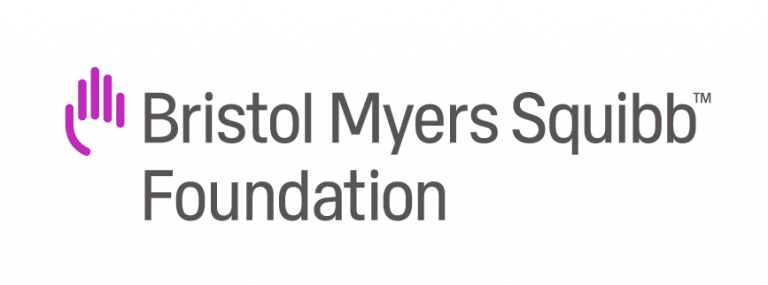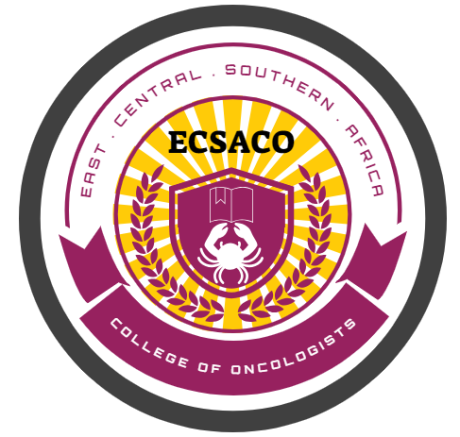Multidisciplinary management, standards of care, optimal diagnostics, therapies and future perspectives in the care of Breast Cancer patients in sub-Saharan Africa.
Lead Faculty: Prof. Fredrick Chite Asirwa MD
Consultant Physician. Medical Oncologist & Hematologist
Executive Director/CEO: International Cancer Institute (ICI)
P.O. Box 8088, Code 30100 Eldoret, Kenya
Email: director@intercancer.com
Website: www.intercancer.com
This educational activity is provided by the International Cancer Institute (ICI)
Faculty
- Dr. Zipporah Ali– Palliative care specialist
- Dr. Siwilis Mithe– Clinical Oncologist
- Dr. Catherine Nyongesa– Clinical Oncologist
- Dr. Shaheen Sayed– Consultant Anatomic Pathologist
- Dr. Helena Musau– Clinical Oncologist
- Dr. Abdu Adem Yesufe-Clinical Oncologist
- Dr. David Wata– Oncology Pharmacist
- Dr. Benjamin Njihia– General Surgery/Surgical Oncology
- Dr. Sitna Mwanzi– Medical Oncologist
This course will be accredited by:



Target Audience
The primary target audience for this course comprises the multidisciplinary clinical cancer care team members including, but not limited to medical, surgical, and radiation oncologists; fellows; gastroenterologists; nephrologists; neurologists; pathologists; pulmonologists; radiologists; researchers; oncology nurse practitioners and oncology nurses; Oncology pharmacists; Oncology PharmTechs; Oncology clinical officers; physician assistants; and other allied health care professionals.
Statement of Need
General internists and Primary Care Clinicians must maintain an extensive knowledge base on a wide variety of topics covering all body systems as well as common and uncommon disorders. International Cancer Institute’s Preceptorship Courses aims to leverage the expertise of its Faculty to help clinicians understand best practices in diagnosis and management of conditions encountered in the clinical setting in sub-Saharan Africa.
Learning Objectives
At the end of this educational activity, participants should be able to:
- Understand the Epidemiology of Breast cancer in sub-Saharan Africa (SSA)
- discuss breast cancer screening, risk factors and protective factors associated with breast cancer
- recognize the role of pathological diagnosis, staging, molecular subtypes, the prognostic and therapeutic significance of tumour estrogen receptor, progesterone receptor, and human epidermal growth factor receptor 2 expressions for breast cancer
- Interpret mammograms and appreciate the role of radiology in breast cancer management
- To review the Optimal treatment strategies for Breast cancer: chemotherapy, hormonal, targeted agents, monoclonal antibodies etc. Includes Standard of care Treatment protocols
- describe the current trends in the locoregional and systemic management of operable early-stage breast cancer
- To understand the role of multidisciplinary team in Breast cancer management
- To understand the role of Surgery in the management of Breast cancer
- To understand the role of radiotherapy in the management of breast cancer
- recall the current goals and standard of care in the management of metastatic breast cancer.
- To understand the role of Palliative, supportive and survivorship care in Breast cancer management
- To discuss clinical cases between faculty and participants.
Disclosure of Conflicts of Interest
International Cancer Institute (ICI) requires instructors, planners, managers and other individuals and their spouse/life partner who are in a position to control the content of this activity to disclose any real or apparent conflict of interest they may have as related to the content of this activity. All identified conflicts of interest are thoroughly vetted by ICI for fair balance, scientific objectivity of studies mentioned in the materials or used as the basis for content, and appropriateness of patient care recommendations.
The faculty must report any financial relationships or contractual relationships they or their spouse/life partner have with commercial interests related to the content of this continuing education activity.
Disclaimer
Participants have an implied responsibility to use the newly acquired information to enhance patient outcomes and their own professional development. The information presented in this activity is not meant to serve as a guideline for patient management. Any procedures, medications, or other courses of diagnosis or treatment discussed in this activity should not be used by clinicians without evaluation of patient conditions and possible contraindications on dangers in use, review of any applicable manufacturer’s product information, and comparison with recommendations of other authorities.
Disclosure of Unlabeled Use
This educational activity may contain discussion of published and/or investigational uses of agents that are not indicated by the FDA. The planners of this activity do not recommend the use of any agent outside of the labelled indications.
The opinions expressed in the educational activity are those of the faculty and do not necessarily represent the views of the planners. Please refer to the official prescribing information for each product for discussion of approved indications, contraindications, and warnings.
Method of Participation and Request for Credit
To receive credit for this activity, participants must review the activity information including learning objectives and faculty/planner disclosures and actively participate in the educational activity. Upon successfully completing the post-test with a score of 75% or better and the post-activity evaluation, your certificate will be made available immediately.

This activity is supported by an educational grant from Bristol Myers Squibb Foundation (BMSF).






Well covered
In depth coverage of the topic was done, with good organization and a variety of experts involved in the care of breast cancer patient. The course also had a good balance between local and worldwide data and practices.
Consider group discussion on real life patients amongst fellow course participants in future.